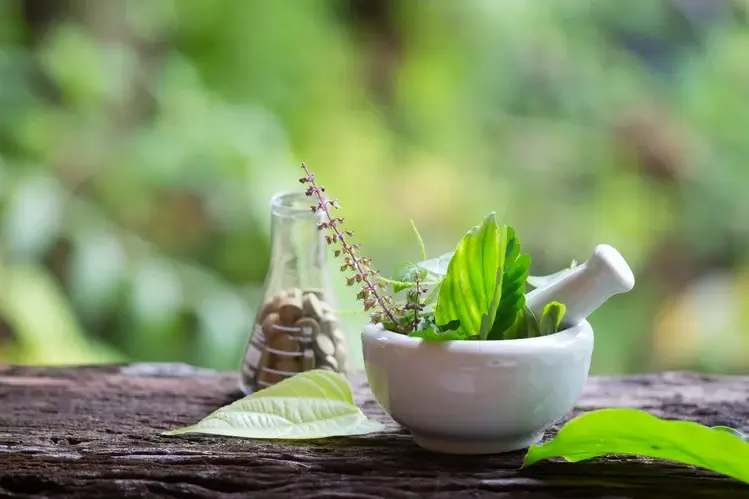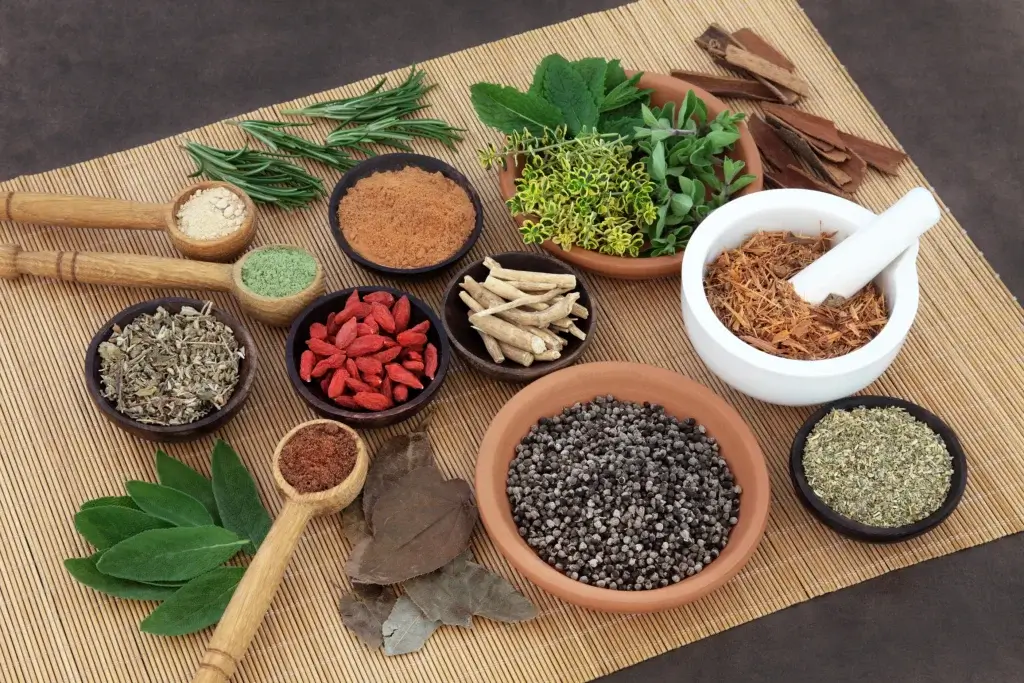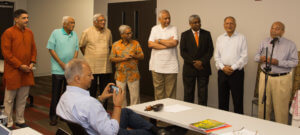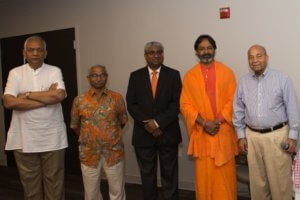
Traditional Chinese Medicine (TCM) has been accepted and adopted with greater success in China compared to Traditional Indian Medicine – Ayurveda, in India. Both Ayurveda and TCM are holistic systems of health and healing, based on a philosophy of balance and harmony. These health systems work by restoring harmony within the human body as well as within our environment in order to create optimal health and well-being. Both systems follow the principle that ‘The body is a microcosm of the universe’. They emphasize detoxification, balancing human physiology, alleviating symptoms and more importantly treating the root causes of diseases. These methods are emotionally soothing, physically calming and spiritually invigorating for the patient and therefore being used traditionally for thousands of years in India and China to treat diseases. Compared to modern medicine, both consider not only the physical condition but also the mind of a patient for diagnosis and treatment.
TCM vs Ayurveda
TCM combines herbs and acupuncture with massage, diet, exercise, and other lifestyle strategies. Physiotherapy and moxibustion are also part of TCM’s treatment regimen. Ayurvedic approaches include diet and lifestyle changes, herbs, massage, steam therapy, natural poultice, Yoga and Panchakarma, ie, Vamana (emesis therapy), Virechana (purgation therapy), Basti (enema therapy), Nasya (nasal administration) and RaktaMokshana (traditional Ayurvedic method for purification and cleansing of the blood).
While the Ayurvedic system of medicine has been in practice for over five thousand years, it has been only in the past few decades that it started getting attention from the international community. That said, TCM is still more successful and global as it is either legal or recognized in seventy countries while Ayurveda has only been recognized in about thirty countries. Studies also show that TCM is more integrated with modern medicine in Chinese hospitals compared to Ayurveda in Indian hospitals.
Governmental support
The government in China fares better in promoting its traditional medicine, spending hundreds of millions of dollars on promoting TCM compared to what the Indian government is doing for Ayurveda. The Chinese government took over the reins of TCM in China and made sure that it was well funded. Not so for Ayurveda in India, where it is mostly practiced as a form of traditional medicine rather than as a well-researched science. The Chinese government has announced the “Healthy China 2030” as part of their agenda for health and development, which also includes TCM as a National Strategy for its citizens. In India, on the other hand, the government has started recognizing the holistic curative power of Ayurveda only in recent years. Although India houses one of the largest herbal industries in the world, it is still unable to match China’s progress to promote its ancient medicines.
Research and Scientific Evidence
Globally, there is more research and clinical trials on TCM compared to Ayurveda. The Chinese have been researching on herbal medicines since 1970 and have published reports of their findings in internationally recognized journals. TCM has also been studied extensively worldwide, and there is a significant amount of scientific evidence available on its effectiveness. There are more medical journals publishing articles on TCM compared to those on Ayurveda today.
Influence of Modern Medicine
Chinese people generally do not question TCM as much as Indians question Ayurveda even though both have been around for centuries. Interest in western medical systems is rising globally, nevertheless, few people doubt the effectiveness of Traditional Chinese Medicine in China. In India, the influence has been the opposite. As a result of Ayurveda being brought into conflict with modern medicine and science, more people have taken up this ancient treatment method only as a last-minute alternative to western style medicine if things don’t work out.
Ayurveda and the Hindu Religion
TCM in China was not an integrated form of medicine like Ayurveda in India, but it was more widespread and accepted. It did not attach itself to the Hindu religion like Ayurveda did throughout India’s history, creating different philosophical and ideological differences between the two systems of medicine. The Chinese medicine is a form of traditional medicine based on the theory that health and disease are due to the natural laws. Ayurveda includes both medical and philosophical theories, as well as techniques for diagnosis and treatment which can involve spiritual methods and medicinal substances. Therefore, many people believe that Ayurveda as a system includes science, philosophy, and religious faith (Hinduism.) To be clear, while Ayurveda does have its theory rooted in the Vedic view of the world, there is no requirement for one to accept the origins in order to benefit from what the holistic medicinal system has to offer.
Outgoing thoughts
With the rise in popularity of Ayurveda over the last decade, it is fast catching up to TCM globally and becoming more familiar to many in the West. In India, the government has been supporting Ayurveda for many years now and has increased its funding. They are setting up Ayurvedic hospitals in each district making it more accessible and establishing universities for training and research in Ayurveda. The government is also increasing consumer awareness about the benefits of Ayurvedic products, promoting health consciousness among consumers, and expanding product availability across tier II and III cities. With increase in chronic conditions and lifestyle disorders, the world is starting to recognize the benefits of complementary and alternative healthcare systems like Ayurveda and Yoga for managing these diseases. Though Traditional Chinese Medicine is today performing better from mainstream adoption standpoint than Traditional Indian Medicine, the time for Ayurveda to shine has come!

Editorial assistance provided by Dr. Kalyani Samantray, Sri Sri University
Enroll in one or all of HUA’s Ayurveda Courses:










